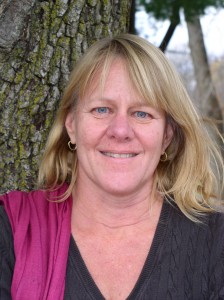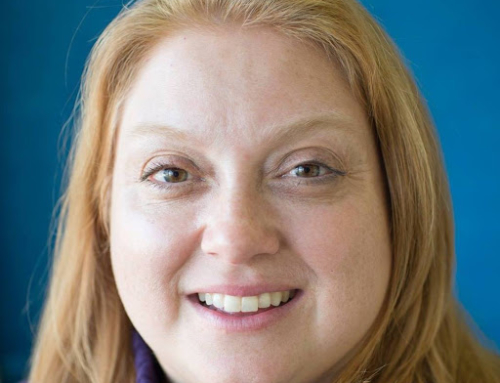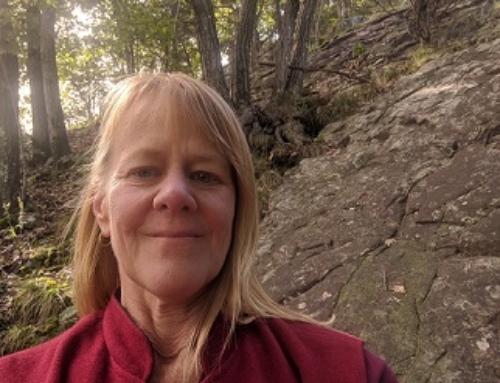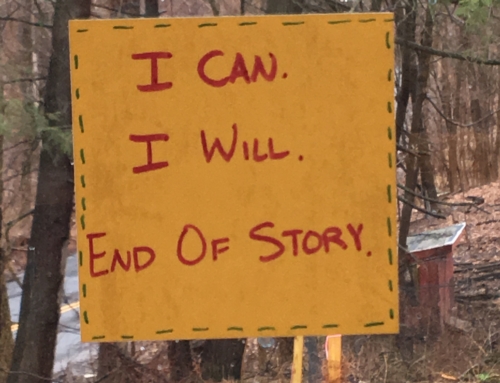by Melissa Spear, Executive Director
What you are about to read is not what I originally intended to write about this month. I started my reflections last week on a totally different topic, but after reading the President’s comments on Trayvon Martin, that topic will now have to wait until next month. I have followed the Trayvon Martin story closely and with a deep sense of anguish from its beginning. How can an unarmed young black man end up dead simply as a result of walking through the “wrong” neighborhood? I cannot agree with those who claim that race was not a factor in the outcome of the encounter between Trayvon and Zimmerman. That is not to say that I believe Zimmerman was a racist, or that his actions were explicitly racially motivated. What is true, however, is that Zimmerman deemed Trayvon to be “suspicious” and “up to no good” based on his appearance. And what did Trayvon look like? A young black man in a hoodie. Or as the President pointed out, a young Obama. Or perhaps, I might add, a Common Ground student, or Common Ground Camp counselor, or an employee of Common Ground High School.
The anguish I feel over Trayvon Martins death is in large part for his parents who must come to terms with the senseless loss of their son’s life. But my anguish extends to all young black men, and in particular those with whom I have a personal relationship, many of whom are part of the Common Ground community. I can only imagine what it must be like to see themselves in Trayvon and be forced (again) to confront the reality that, like Trayvon, their lives could be at risk because they live in a society that judges their character, often harshly, largely based on their race. I have also felt anguish over all of the comments in reaction to the Trayvon story that claim race is no longer an issue in our society, that those of us who try to talk about race are simply fanning the flames, or are perpetuating something that would otherwise die a quiet death. I do not have to be African American to be able to tell stories that substantiate President Obama’s description of the experience of African American men.
One of these stories took place in my hometown of Bethany not long ago. I had become friendly with a woman whose child was about the same age as mine. She and her husband had lived in Bethany for a few years after moving there from Vermont. One day I was talking with her and she told me that the evening before she had called the police to report a suspicious man walking down her street, one of the main roads that runs through the town. I asked what he was doing that was suspicious. She told me that he was black, and since there are no black people living in her neighborhood he was out of place and it made her nervous. The police did come and question the young man who turned out to be a Yale student out for a stroll after dinner with a Yale professor who lived just around the corner.
I was struck by the injustice of this incident and did my best to express my discomfort with her actions. It was not an easy conversation as she felt wholly justified in her assessment of the risk to her family. Talking about race is rarely if ever easy. We are not very practiced or good at discussing issues that involve race, the topic is often wrought with emotion, and judgment seems to come quickly when missteps are made. But when I think back on stories such as the one about my neighbor, and when I think about the young African American men I know and care about here at Common Ground, the Trayvon Martin story feels very close to home. How can I NOT discuss it? And so I have, and we will here at Common Ground.
As he ended his comments, President Obama asked us all to “wring as much bias” out of ourselves as we can, and to continually ask ourselves whether we are judging people not on the color of their skin but on the content of their character. When a white person judges a young black man on the color of their skin, we are judging him based on what we think we know, in general, about young men of color, which more often than not is based on the prevailing, misinformed, sensationalized stereotype that has been perpetuated by popular media. I believe this stereotype prevails more often than not because we all live in largely segregated communities and rarely interact with anyone unlike ourselves. This makes it almost impossible for a white person to move beyond the stereotype and see the young black man walking down the street as an individual, a person with the same hopes, dreams, talents, drive, feelings and desires that we harbor. Here is where I believe that a place like Common Ground plays a very important role for our community.
I will be the first to admit that Common Ground must grapple with many of the same issues around race as the larger society. But when I walk out of my office I see people of all colors, all ages, and all genders talking, laughing, working, struggling and playing with each other. The interactions are up close and personal and humanizing. I have personally experienced the impact of these day to day interactions. It is much easier for me, after four years at Common Ground, to set aside stereotypes and withhold judgment until I know more about who someone is as person. When I walk past a young black man on the streets of New Haven I no longer see someone who seems foreign to me, I now see someone I feel I know, or could know. I deeply believe that developing this sense of familiarity between people from different backgrounds will make an important contribution toward ending confrontations like the one that ended Trayvon’s life. I think this is one of the most important roles that Common Ground can and does play: bringing together a diverse community of children, young people and adults to work, play, talk, laugh, discuss, and struggle to understand one another. Common Ground is by no means perfect, and we have a long way to go before we no longer need to talk about these difficult issues, but when it comes to breaking down the barriers that create distrust between people of any color, or of any background for that matter, we are all in.
I welcome your comments and would love to know what you are thinking about these reflections.





Dear Ms. Spear,
I thank you for this reflection and I hope that others read it and perhaps join in and dare to host a forum so that others can share, expression feelings of frustration as well as hope. While I read your thoughts a few things bubbled up for me; 1) how do we intentionally get people to talk about race and its implications as it relates to our local community. I believe that having ongoing conversations keep all of us in tune so as to not become complacent about this issue, only to have to re-teach new generations when something like the Travon Martin story happens, when it should be addressed along with other subject matter. 2) I believe that once the community’s conversations on race relations are aired and marked steps are taken to intentionally disengage the use of some behaviors, then we can model what needs to happen now and for generations to come.
Lastly, I was very pleased to read that you are committed to dealing with this issue at Common Ground as well. You are most of the way there because of your diverse student population who must interact with each other on a daily basis. I dare ask about the faculty and staff? Well we (me included) have lots of work to do and I too, am committed to intentionally work on the race issue wherever I am. I think this is one of the most important subject matters that must be taught, side by side with the disciplines of math, English, science and so forth. By doing so, we will enrich the lives of the students, and their respective communities which in turn we will be the change that we seek.
Good stuff. The anecdote about your neighbor who called the police because a black man was walking through her neighborhood serves your point well. Your neighbor, probably unconsciously, subscibes to “the belief in the normative nature of whiteness.” It is that belief which brings those who hold it to see the innocent other as “the other”. And so we call the police.
The belief is pernicious. Any opportunity we have to bring it up for examination should be taken.